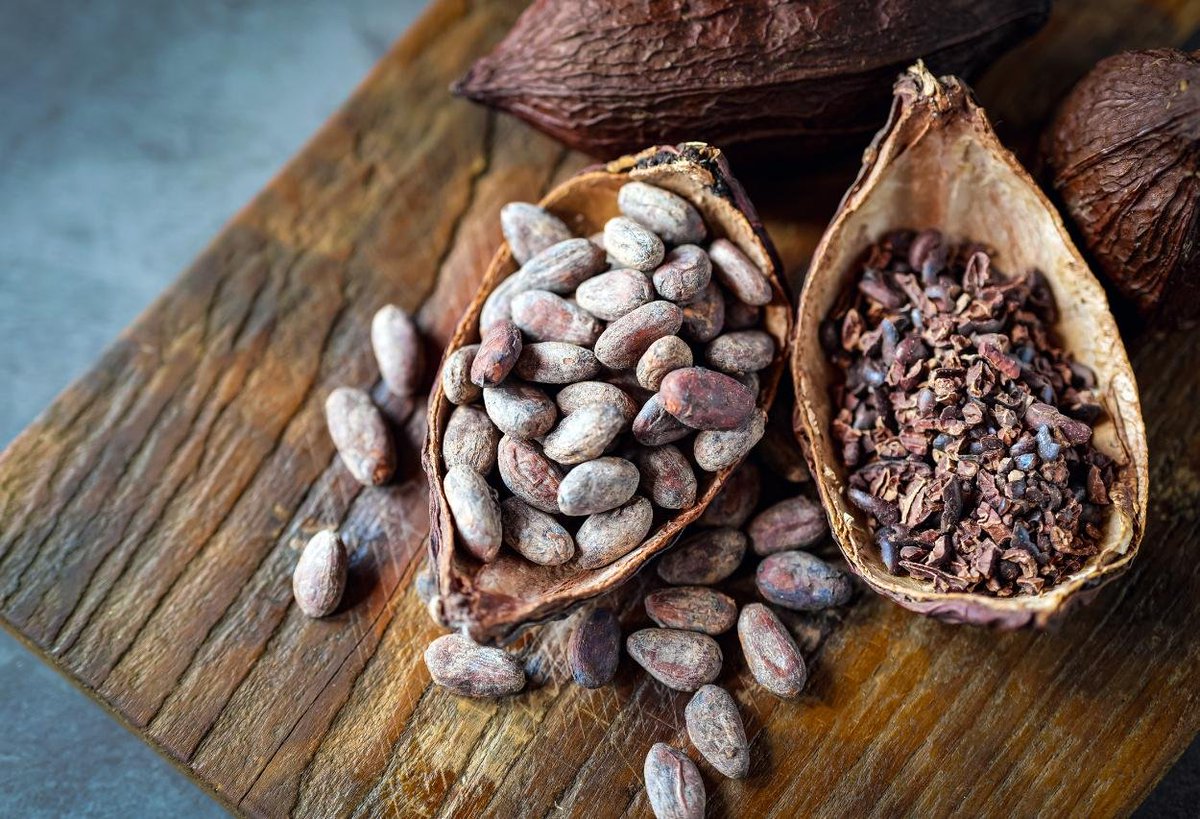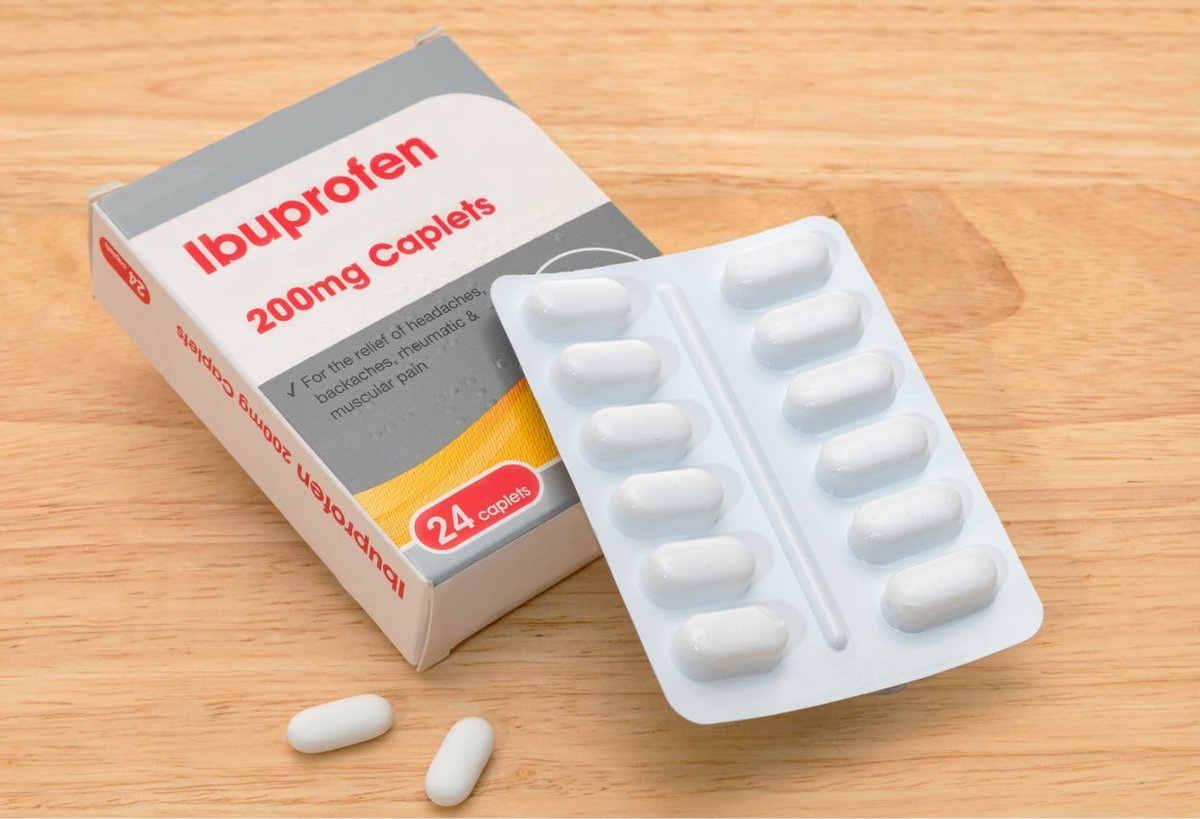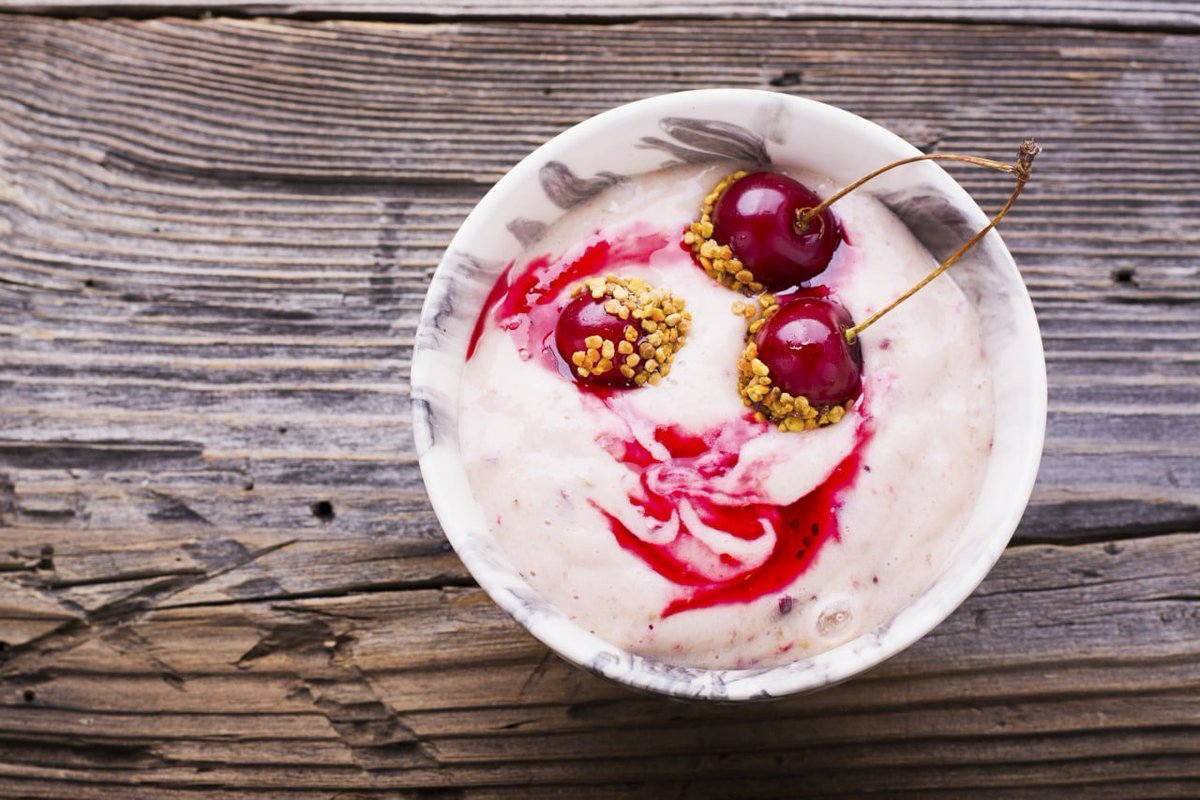How to Activate the Body’s Built-In Antidepressant
One nerve controls stress, mood, and emotion.
Most people have never even heard of it.
But when you activate it, everything can change.
Here’s how it works…
🧵 THREAD
One nerve controls stress, mood, and emotion.
Most people have never even heard of it.
But when you activate it, everything can change.
Here’s how it works…
🧵 THREAD

A woman in her mid-30s went to see Dr. Priyal Modi, an integrative medicine practitioner.
The woman was navigating major life transitions, including the loss of a parent, the end of a long-term relationship, and work-related stress. She decided to take a sabbatical to reassess her path but felt isolated and depressed, and her thoughts were consumed by self-criticism and rumination.
“She had been prescribed antidepressants but was struggling with side effects,” Modi said.
The woman was navigating major life transitions, including the loss of a parent, the end of a long-term relationship, and work-related stress. She decided to take a sabbatical to reassess her path but felt isolated and depressed, and her thoughts were consumed by self-criticism and rumination.
“She had been prescribed antidepressants but was struggling with side effects,” Modi said.

They began weekly breathwork sessions, shown to stimulate the vagus nerve, and focused on creating awareness around the mental loops she had been reinforcing.
By the 10th session, her symptoms improved significantly.
Many mental health challenges, including anxiety and depression, often stem from a dysregulated nervous system. The vagus nerve plays a key role in restoring emotional balance.
By the 10th session, her symptoms improved significantly.
Many mental health challenges, including anxiety and depression, often stem from a dysregulated nervous system. The vagus nerve plays a key role in restoring emotional balance.

How Vagus Nerve Stimulation Supports Mood
The vagus nerve forms the main communication pathway between the brain and body, affecting mood, emotional regulation, and resilience to stress.
Stimulating the vagus nerve—either by natural or mechanical means—helps reduce the body’s production of stress hormones like cortisol and increases the release of calming neurotransmitters.
Enhanced vagal tone (or vagus nerve function) can also lead to reduced inflammation, which is often elevated in conditions like depression and anxiety, Jodi Duval, an Australian-based naturopathic physician with over 15 years of experience and owner of Revital Health, told The Epoch Times.
According to Modi, being in “fight-or-flight” mode is vital in life-threatening situations, but when we are in a prolonged state of stress or our stress response is constantly triggered by perceived threats or everyday emotional challenges, our mood and state of mind will be affected.
“In such states, our cognitive function declines, emotions become unregulated and reactive, and mental health takes a knock, often leading to burnout, anxiety, and depression. Even our interpretation of social cues can be thrown off,” she said.
The vagus nerve forms the main communication pathway between the brain and body, affecting mood, emotional regulation, and resilience to stress.
Stimulating the vagus nerve—either by natural or mechanical means—helps reduce the body’s production of stress hormones like cortisol and increases the release of calming neurotransmitters.
Enhanced vagal tone (or vagus nerve function) can also lead to reduced inflammation, which is often elevated in conditions like depression and anxiety, Jodi Duval, an Australian-based naturopathic physician with over 15 years of experience and owner of Revital Health, told The Epoch Times.
According to Modi, being in “fight-or-flight” mode is vital in life-threatening situations, but when we are in a prolonged state of stress or our stress response is constantly triggered by perceived threats or everyday emotional challenges, our mood and state of mind will be affected.
“In such states, our cognitive function declines, emotions become unregulated and reactive, and mental health takes a knock, often leading to burnout, anxiety, and depression. Even our interpretation of social cues can be thrown off,” she said.

Some of the earliest findings on the benefits of vagus nerve stimulation (VNS) came from studies examining its effects on people experiencing partial seizures. Researchers initially used VNS to control seizures but observed improvements in patients’ mental health as an unexpected side effect.
After three months of VNS therapy, participants showed increased levels of 5-hydroxyindoleacetic acid, an indication of serotonin activity in the body. This suggested that VNS enhances serotonin activity in the brain.
In addition to these changes, they also reported improvements in quality of life, including better emotional adjustment, enhanced social functioning, and an overall improved sense of well-being. This is likely due to the vagus nerve’s connection with brain regions that regulate mood.
Since then, VNS has received approval from the U.S. Food and Drug Administration for the treatment of depression. The antidepressant effects of VNS are typically observed over several months, with long-lasting benefits.
After three months of VNS therapy, participants showed increased levels of 5-hydroxyindoleacetic acid, an indication of serotonin activity in the body. This suggested that VNS enhances serotonin activity in the brain.
In addition to these changes, they also reported improvements in quality of life, including better emotional adjustment, enhanced social functioning, and an overall improved sense of well-being. This is likely due to the vagus nerve’s connection with brain regions that regulate mood.
Since then, VNS has received approval from the U.S. Food and Drug Administration for the treatment of depression. The antidepressant effects of VNS are typically observed over several months, with long-lasting benefits.

A little about us: We’re a team of journalists and researchers on a mission to give you REAL and honest information about your health.
Side effects of reading our posts may include: critical thinking.
Follow us for more daily threads—backed by hard data.
—> @EpochHealth
Side effects of reading our posts may include: critical thinking.
Follow us for more daily threads—backed by hard data.
—> @EpochHealth

Activating the vagus nerve through breathwork and sensory stimulation can help ease depression and anxiety.
theepochtimes.com/health/how-to-…
theepochtimes.com/health/how-to-…
Breath and Sensory Stimulation
Slow, controlled breathing is a powerful natural way to stimulate the vagus nerve.
“Integrating the practice can provide both immediate calming effects and ongoing emotional resilience,” Duval said.
Modi said: “By changing how we breathe, we can create new neural pathways in the brain, enhancing neuroplasticity. This empowers people to take control of their health and navigate life’s challenges.”
Slow, controlled breathing is a powerful natural way to stimulate the vagus nerve.
“Integrating the practice can provide both immediate calming effects and ongoing emotional resilience,” Duval said.
Modi said: “By changing how we breathe, we can create new neural pathways in the brain, enhancing neuroplasticity. This empowers people to take control of their health and navigate life’s challenges.”

Another method that can help regulate the nervous system is sensory stimulation. Examples include splashing your face with water, taking a warm shower or drinking a cold drink, covering up with a weighted blanket, standing barefoot on the grass, or even engaging in comforting touches like a tight hug or back-scratch.
Lidalize Grobler, an educational psychologist, shared an example from work.
She worked with a 7-year-old girl who struggled with severe anxiety, frequent panic attacks, and intense tantrums. “Her parents initially viewed her as simply ‘difficult,’ but it became clear that her nervous system was highly dysregulated and prone to becoming overwhelmed,” Grobler said. The first step of the treatment was helping the girl’s nervous system settle into calm.
“We experimented with several approaches, but the most effective turned out to be a simple act: scratching her back,” she said.
The back-scratching had an immediate calming effect, helping the girl become emotionally stable and at ease.
“Don’t try to think yourself out of a dysregulated state; it’s a body thing,” Grobler said.
That said, it’s important to address the underlying issue that caused the dysregulation in the first place, she said. We shouldn’t use regulation techniques to distract ourselves from what’s happening. However, improving vagus nerve function will help bring us back to a more balanced state, allowing us to think clearly.
“This enables you to address the conflict from a regulated place rather than from a place of dysregulation,” Grobler explained.
Lidalize Grobler, an educational psychologist, shared an example from work.
She worked with a 7-year-old girl who struggled with severe anxiety, frequent panic attacks, and intense tantrums. “Her parents initially viewed her as simply ‘difficult,’ but it became clear that her nervous system was highly dysregulated and prone to becoming overwhelmed,” Grobler said. The first step of the treatment was helping the girl’s nervous system settle into calm.
“We experimented with several approaches, but the most effective turned out to be a simple act: scratching her back,” she said.
The back-scratching had an immediate calming effect, helping the girl become emotionally stable and at ease.
“Don’t try to think yourself out of a dysregulated state; it’s a body thing,” Grobler said.
That said, it’s important to address the underlying issue that caused the dysregulation in the first place, she said. We shouldn’t use regulation techniques to distract ourselves from what’s happening. However, improving vagus nerve function will help bring us back to a more balanced state, allowing us to think clearly.
“This enables you to address the conflict from a regulated place rather than from a place of dysregulation,” Grobler explained.

Regulated and Reconnected
After performing breathing techniques to regulate the vagus nerve, the transformation in Modi’s patient was striking. She was calm and composed, with an open posture. Even the side effects resulting from taking antidepressants, including tremors and speech issues, disappeared. Taking supplements also helped.
She improved communication and boundaries with her mother, started a new romantic relationship, and engaged in hobbies and social activities. With gradual and careful support, she was also able to taper off her medication and address the dependency she had developed.
“Today, she is thriving, using the breathing techniques she learned to manage her emotions and reconnect with her body,” Modi said. “She’s happy, self-aware, and in tune with her needs.”
After performing breathing techniques to regulate the vagus nerve, the transformation in Modi’s patient was striking. She was calm and composed, with an open posture. Even the side effects resulting from taking antidepressants, including tremors and speech issues, disappeared. Taking supplements also helped.
She improved communication and boundaries with her mother, started a new romantic relationship, and engaged in hobbies and social activities. With gradual and careful support, she was also able to taper off her medication and address the dependency she had developed.
“Today, she is thriving, using the breathing techniques she learned to manage her emotions and reconnect with her body,” Modi said. “She’s happy, self-aware, and in tune with her needs.”

Thanks for reading! If you found this valuable, here's a special deal:
Unlock our ENTIRE library of @EpochHealth articles for just $1/week—plus unlimited access to everything else on our site.
Claim it here:
on.theepochtimes.com/vfox/health?ut…
Unlock our ENTIRE library of @EpochHealth articles for just $1/week—plus unlimited access to everything else on our site.
Claim it here:
on.theepochtimes.com/vfox/health?ut…

• • •
Missing some Tweet in this thread? You can try to
force a refresh

















